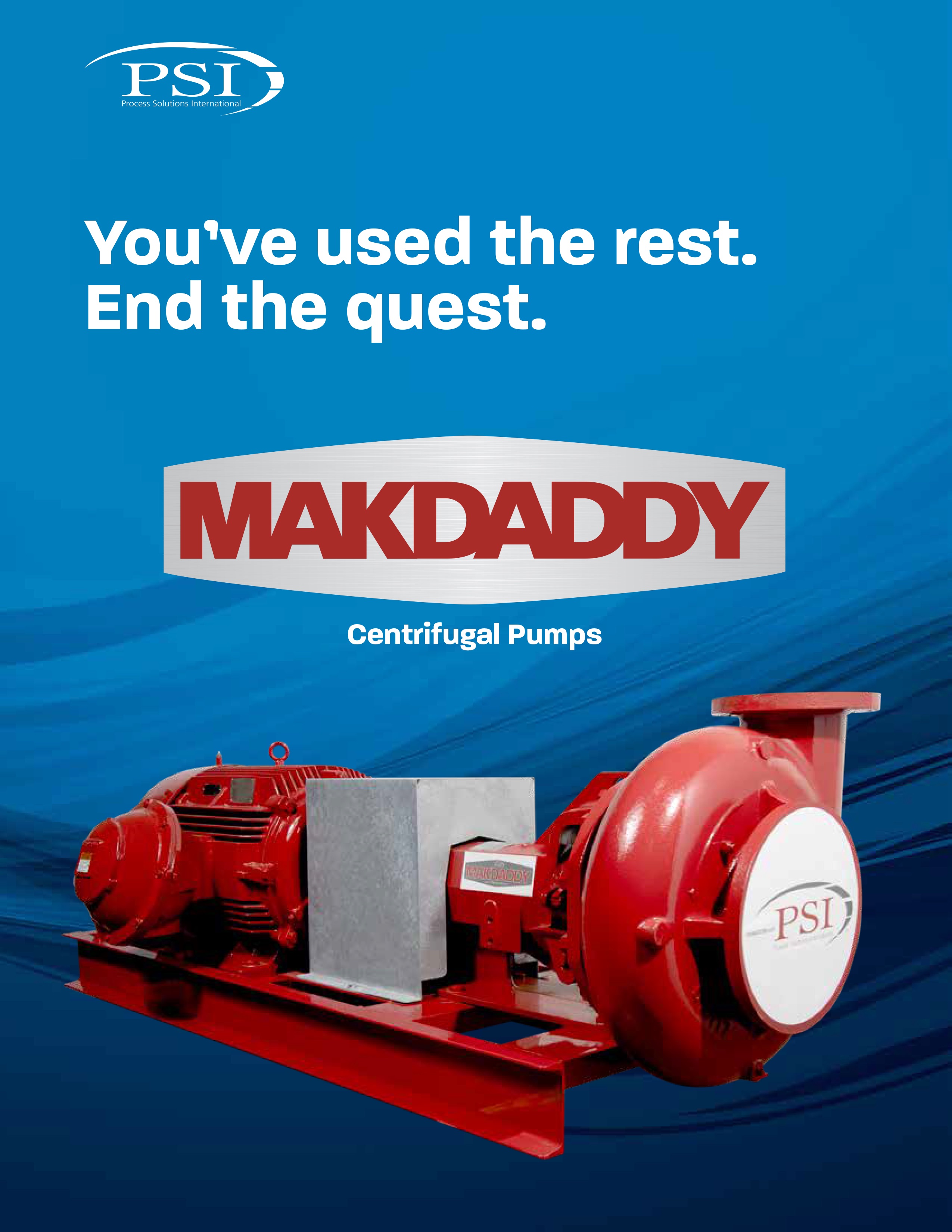Discover the Vital Role and Versatility of Industrial PumpsDiscover the Vital Role and Versatility of Industrial Pumps

Discover the Vital Role and Versatility of Industrial Pumps
Industrial pumps are the unsung heroes of industries worldwide, ensuring the efficient movement of liquids and slurries essential for countless operations. From water treatment plants to food processing factories, these versatile tools keep systems running smoothly and efficiently. Understanding the key types, benefits, and uses of industrial pumps can empower industries to make informed decisions for optimized performance. To improve efficiency and reliability, consider exploring
tailored to your needs.
What Are Industrial Pumps and Why Are They Important?
Industrial pumps are mechanical devices designed to move fluids or slurries from one location to another. These systems are pivotal in operations ranging from transferring liquids to managing pressure across pipelines. Choosing the right industrial pump ensures operational efficiency, reduces downtime, and extends the longevity of machinery. Industries benefit significantly from adopting
for various applications.
Why Industrial Pumps Matter:
- Ensure seamless liquid transfer in complex operations.
- Help industries manage specific requirements like viscosity or fluid temperature.
- Minimize energy consumption with optimized flow and pressure control.
Exploring the Main Types of Industrial Pumps
Industrial pumps come in several designs tailored to unique operational needs. Let’s dive into three essential types widely used across industries. Selecting the right
industrial wastewater management
can streamline processes and reduce costs.
1. Centrifugal Pumps: The Workhorse of Industries
Centrifugal pumps are renowned for their ability to handle high flow rates efficiently. They rely on rotational kinetic energy to propel fluids, making them ideal for applications demanding continuous flow.
Features:
- Handles water, chemicals, and light oils effectively.
- Minimal maintenance due to fewer moving parts.
- Adaptable for high-pressure and high-flow scenarios.
Applications:
- Feeding water into boilers.
- Managing cooling systems in manufacturing units.
- Pumping chemicals in treatment plants.
Why Choose Centrifugal Pumps?
Centrifugal pumps stand out for their simplicity and energy efficiency, making them the backbone of many industrial operations.
2. Progressive Cavity Pumps: Perfect for Viscous Fluids
Progressive cavity pumps, also known as screw pumps, are built for challenging tasks, such as handling thick, viscous fluids or slurries. Their smooth transfer action ensures steady, non-pulsating flow.
Features:
- Moves fluid through cavities created between a rotor and stator.
- Handles sensitive liquids with minimal shear.
- Capable of managing high-viscosity substances.
Applications:
- Transporting food pastes or oils.
- Pumping concrete or mud in construction sites.
- Managing wastewater treatment processes.
Why Progressive Cavity Pumps Are Unique:
They excel in applications that demand careful handling of delicate or viscous substances.
3. Self-Priming Pumps: Reliable and Convenient
Self-priming pumps offer a practical solution for industries that require a pump capable of priming itself. This feature makes them ideal for operations involving intermittent liquid flow.
Features:
- Combines air and liquid handling for automatic priming.
- Operates efficiently even with a mix of fluids and gases.
- Built for versatility in diverse industrial conditions.
Applications:
- Draining flooded areas or tanks.
- Moving water or wastewater over long distances.
- Supporting agricultural irrigation systems.
Advantages of Self-Priming Pumps:
With their automatic functionality, self-priming pumps save time and effort while boosting reliability.
Choosing the Right Industrial Pump
Selecting the perfect industrial pump involves assessing your operation’s specific needs. Factors like fluid type, viscosity, flow rate, and pressure requirements play crucial roles in determining the best match.
Factors to Consider:
- Fluid Type: Ensure compatibility with corrosive or abrasive substances.
- Operating Conditions: Account for temperature and pressure variations.
- Maintenance Requirements: Opt for low-maintenance designs for long-term reliability.
Pro Tip: Consult with Experts
Partnering with industry experts like PSI Max 2000 ensures you choose a pump tailored to your precise needs.
Key Benefits of Industrial Pumps
Industrial pumps aren’t just about moving liquids—they also enhance operational efficiency and productivity.
Top Benefits:
- Cost Savings: Energy-efficient pumps lower utility expenses.
- Durability: High-quality materials extend equipment lifespan.
- Versatility: Handles a variety of fluids, from water to slurries.
Why They’re Indispensable:
Industrial pumps optimize processes, from food production to large-scale construction, making them a critical component of modern industries. The latest advancements in energy-efficient pumping systems offer unparalleled performance and durability.
Frequently Asked Questions (FAQs) About Industrial Pumps
Q1: How do I know which industrial pump suits my needs?
A: Assess the type of fluid, operating conditions, and maintenance preferences. Consulting professionals can help.
Q2: What maintenance is required for industrial pumps?
A: Routine inspections, lubrication, and cleaning ensure pumps function efficiently for years.
Q3: Are industrial pumps energy-efficient?
A: Yes, especially modern designs tailored for specific flow rates and pressure demands.
Conclusion: The Future of Industrial Pumps
Industrial pumps are more than mechanical devices—they’re essential tools that shape the efficiency of industries worldwide. From centrifugal pumps’ energy-saving capabilities to progressive cavity pumps’ ability to handle delicate fluids, there’s an ideal pump for every application. By investing in the right industrial pump, businesses can enhance productivity, reduce costs, and support sustainable operations. Understanding the wide range of industrial pump solutions is essential for optimizing industrial operations.


